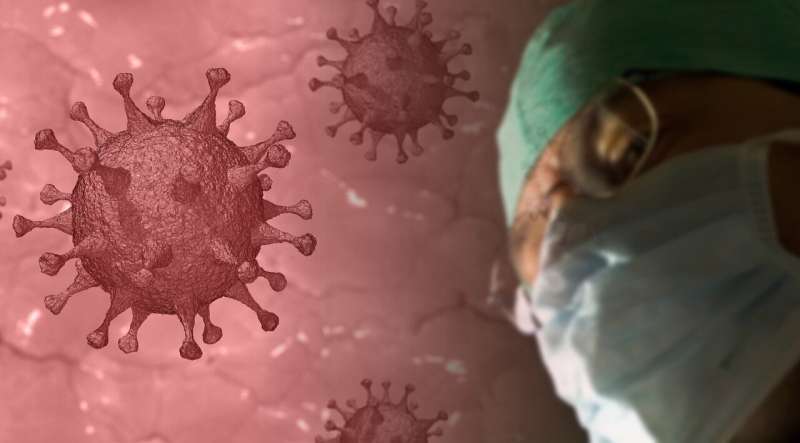Tackling the consequences of long COVID

A research team at the University of Zurich has helped people affected by long COVID identify the problems they most urgently want scientists to tackle, through a collaborative citizen science approach. The topics identified as most pressing include the development and clinical testing of effective therapies, appropriate healthcare structures, increased awareness as well as better data on children and adolescents affected by the disease.
As the pandemic progresses, the number of people living with long COVID will grow. But it remains unclear how and why long COVID develops, whether it can be prevented, and how it is best treated. To better understand long COVID, it is essential to comprehend the needs and priorities of those affected. A team of scientists at UZH's Epidemiology, Biostatistics and Prevention Institute (EBPI) has now joined forces with representatives of long COVID Switzerland and the long COVID Network Altea to amplify the voices of those living with long COVID.
The long COVID citizen science board: First-of-its-kind
"Collaborative projects that bring together different stakeholders allow us to grasp the impact of such a new disease and hopefully effectively tackle the challenges for people living with long COVID," says Milo Puhan, professor of epidemiology and public health at UZH. For this purpose, a citizen science project was developed and supported by the Participatory Science Academy of the University of Zurich and ETH with seed financing in 2021.
The research team recruited a first-of-its-kind long COVID citizen science board, including 21 people affected by long COVID and seven with myalgic encephalomyelitis/chronic fatigue syndrome (ME/CFS). Board members met online to discuss their needs and identify the most relevant research areas. They acted as citizen scientists in co-shaping the study's direction, analysis and findings.
From patients' needs to research priorities
The study found that people affected by long COVID and their families need answers to a long list of 68 questions, which fall into four areas: Medical (e.g. risk factors, diagnosis, treatment), healthcare services, socio-economic (e.g. impact on work and finances), and disease burden. Through an online survey, the research team asked the citizen scientists and 241 other people affected by long COVID to rate and prioritize the 68 identified questions.
"The scientists empowered us to define those research topics which have the largest impact on our health and lives—not surprisingly the results reflect our top concern, which is that we still lack effective therapies," says Chantal Britt, founder and president of long COVID Switzerland.
Treatment, rehabilitation, disease management, healthcare services, ensuring care is not interrupted, awareness of long COVID among doctors and nurses, and how often long COVID occurs in children were the research areas of most importance to long COVID patients. "Our findings suggest that in addition to adequate treatment options, people affected by long COVID are currently mostly lacking a clear diagnosis and access to adequate care that meets their multidimensional needs," says Sarah Ziegler, epidemiologist at the EBPI.
The study is published in The Patient—Patient-Centered Outcomes Research.
More information: Sarah Ziegler et al, Long COVID Citizen Scientists: Developing a Needs-Based Research Agenda by Persons Affected by Long COVID, The Patient—Patient-Centered Outcomes Research (2022). DOI: 10.1007/s40271-022-00579-7


















